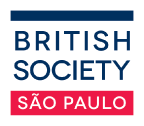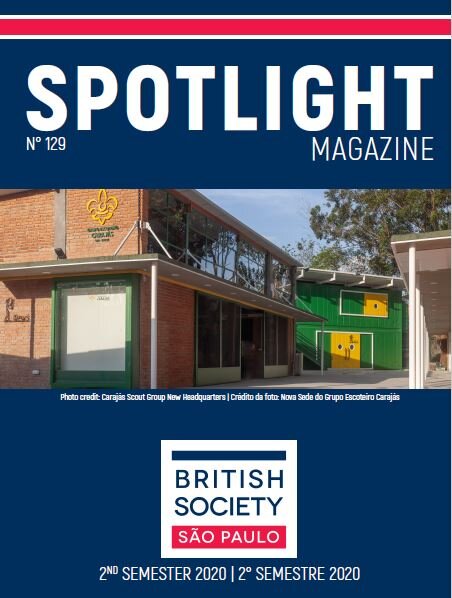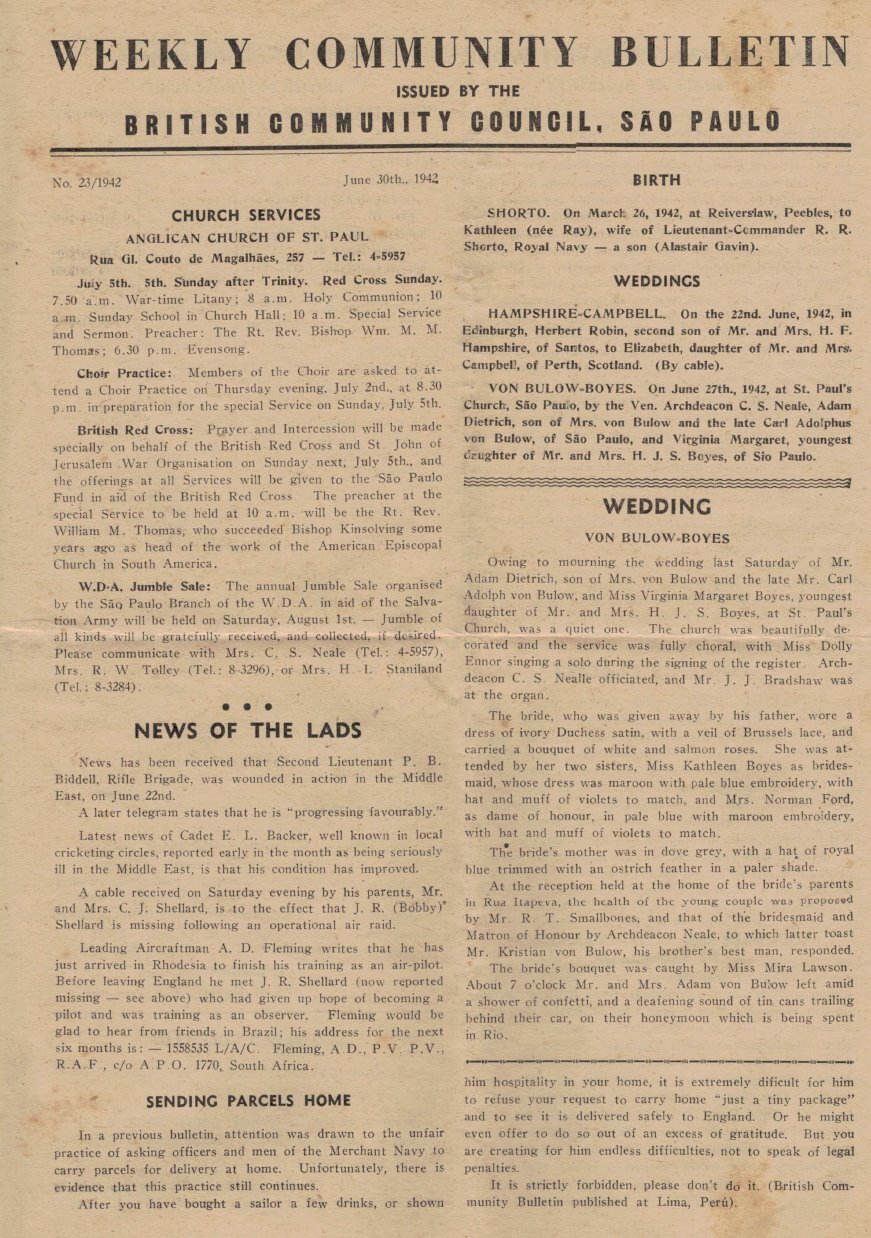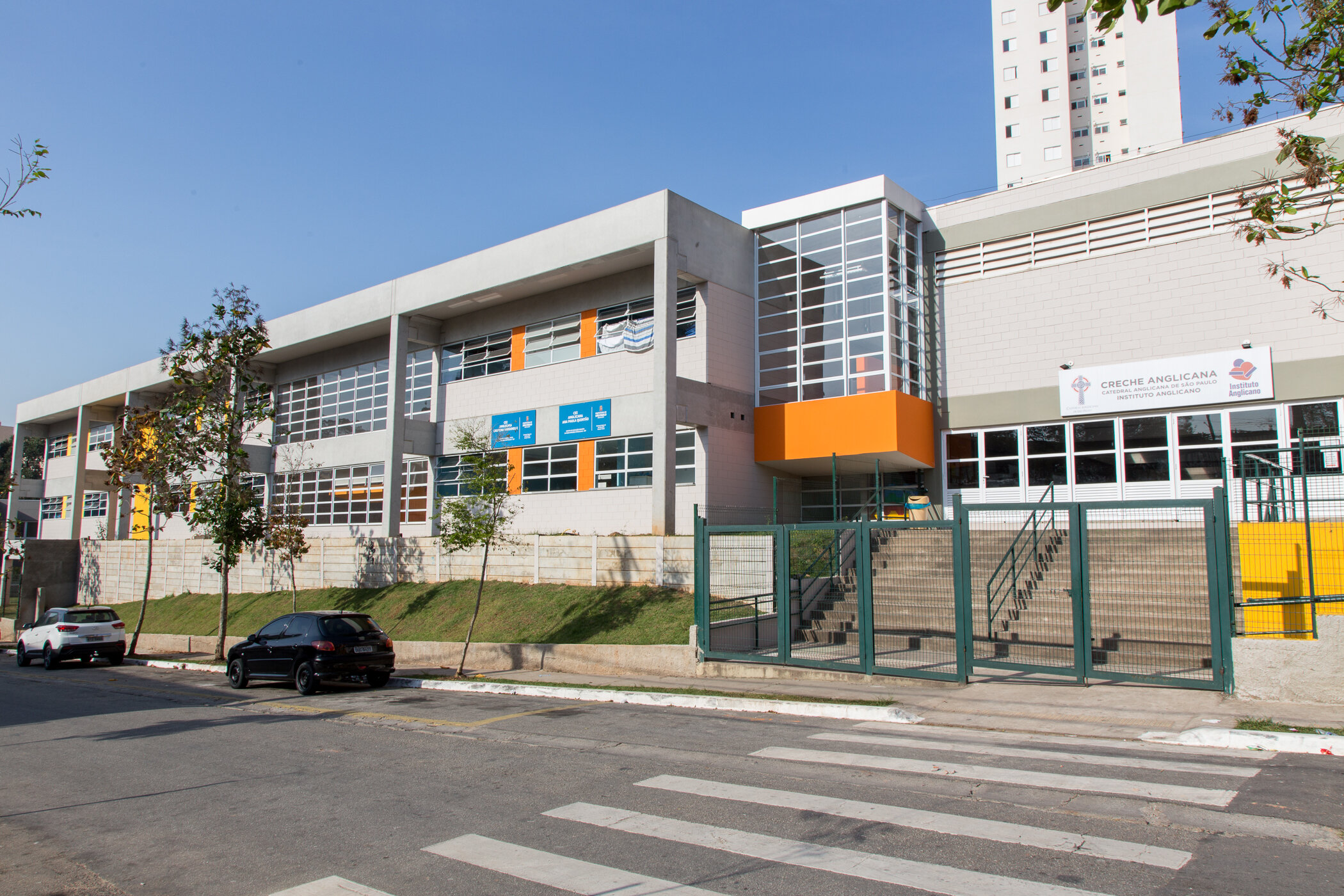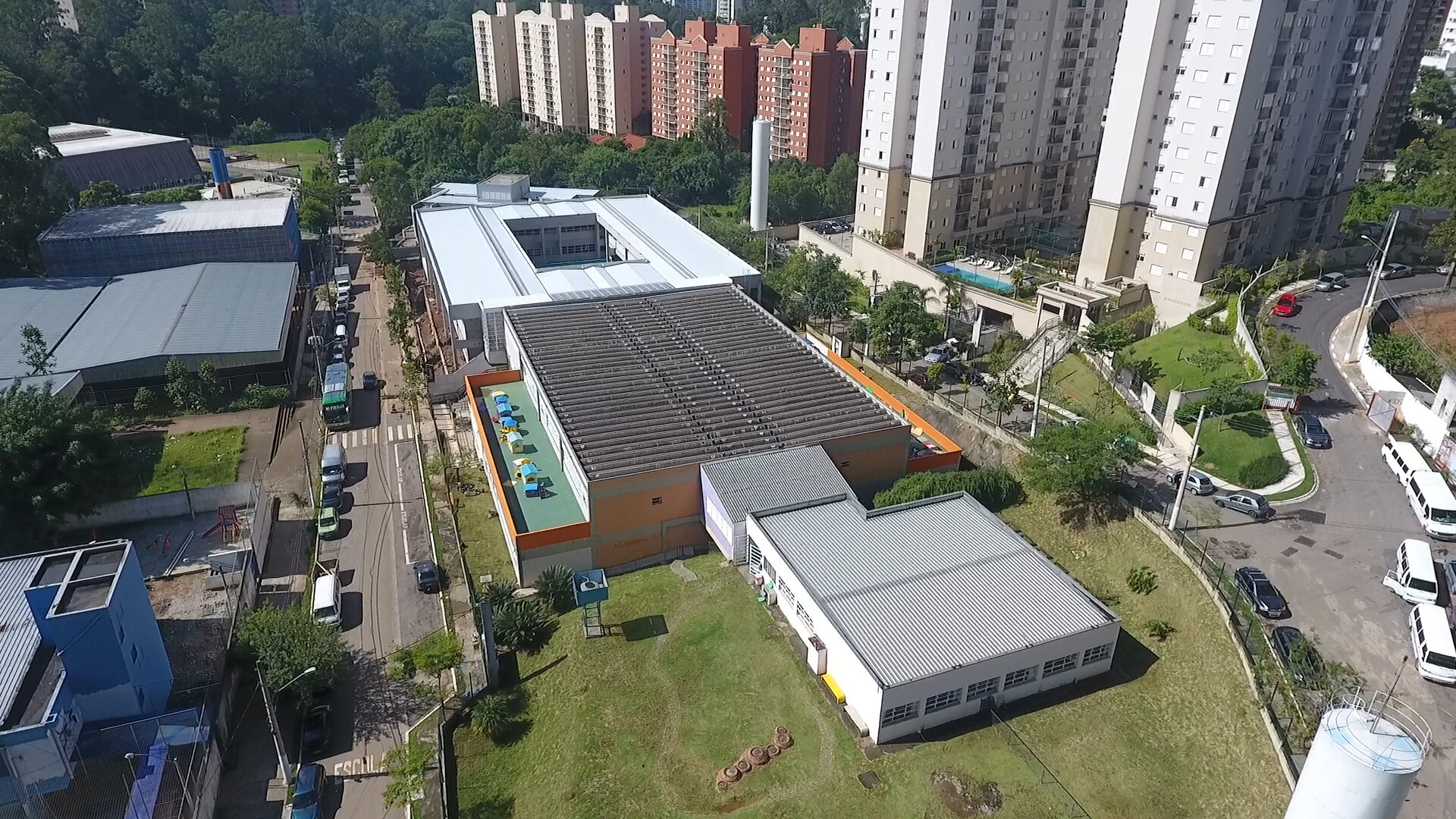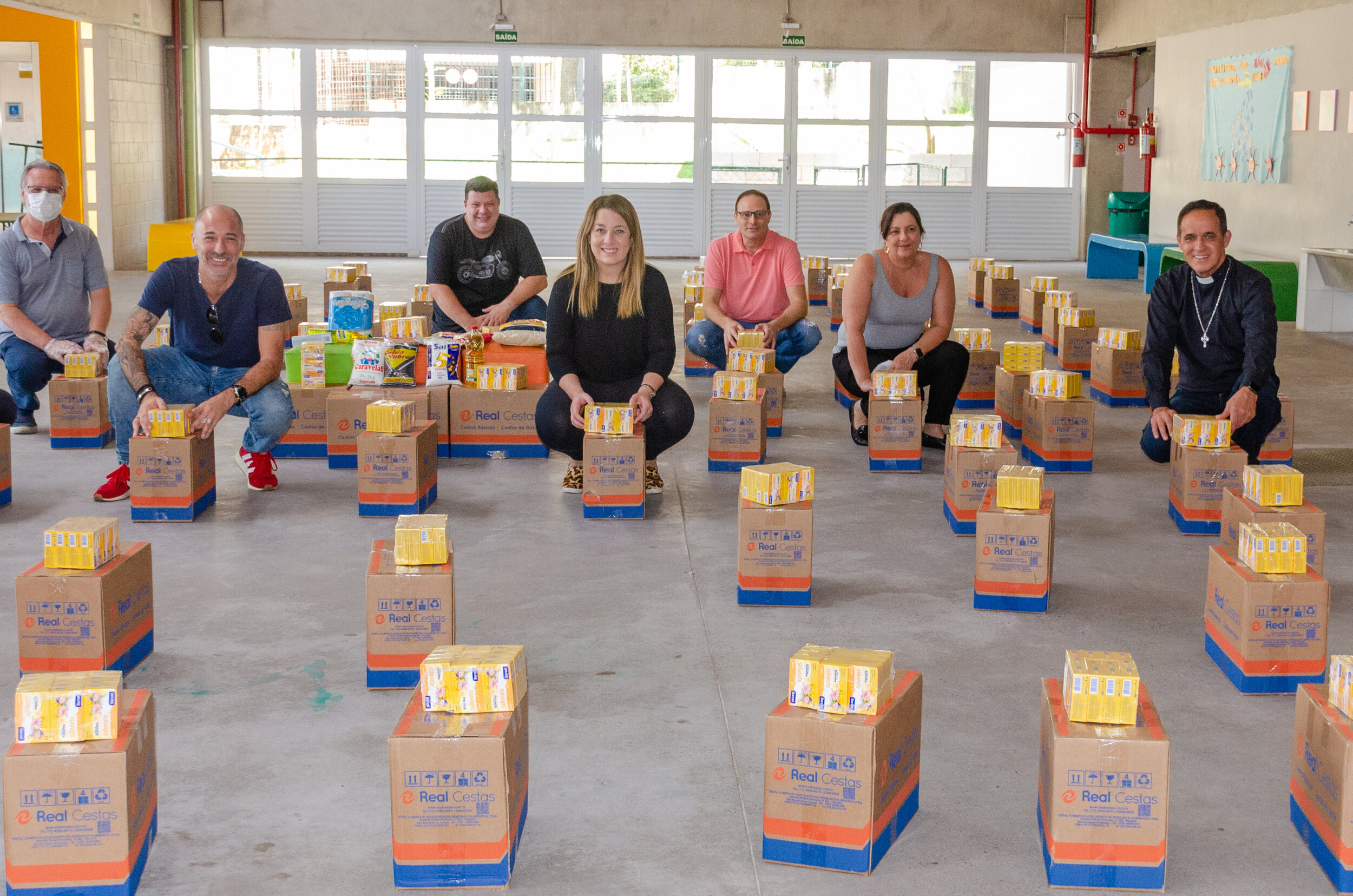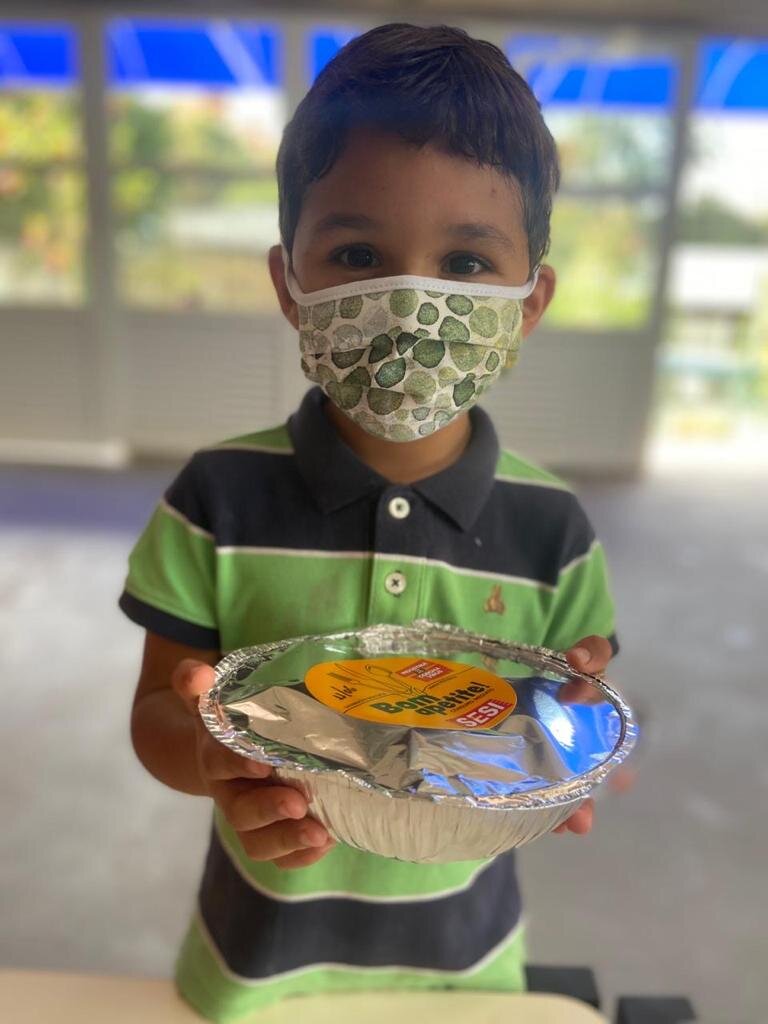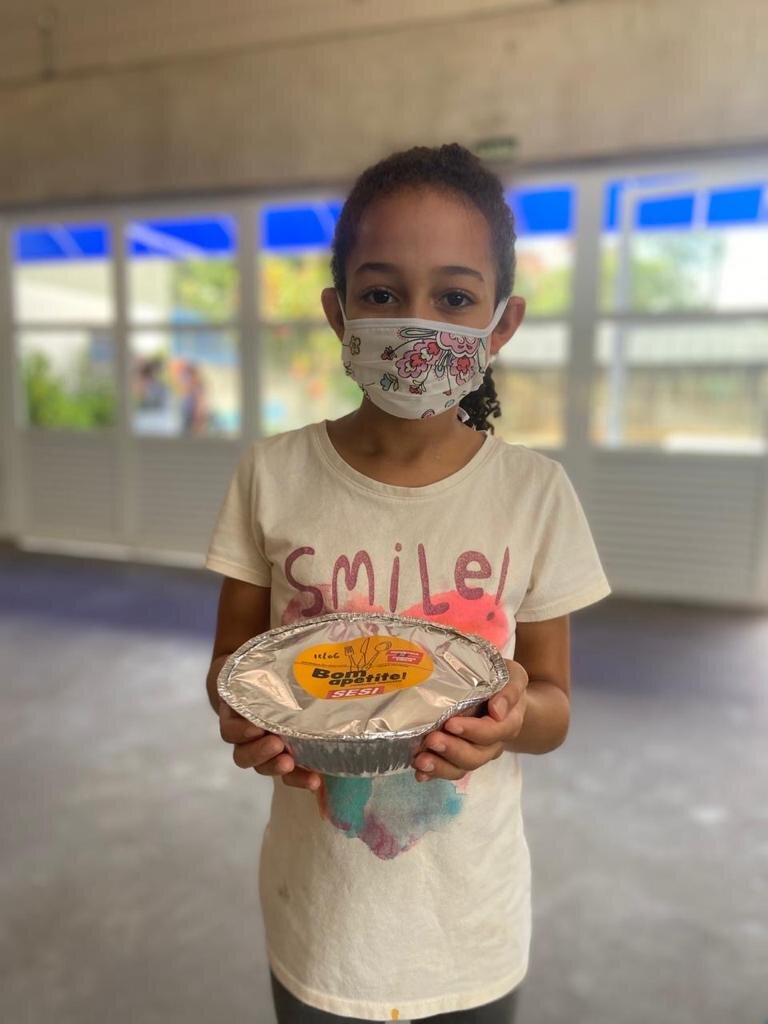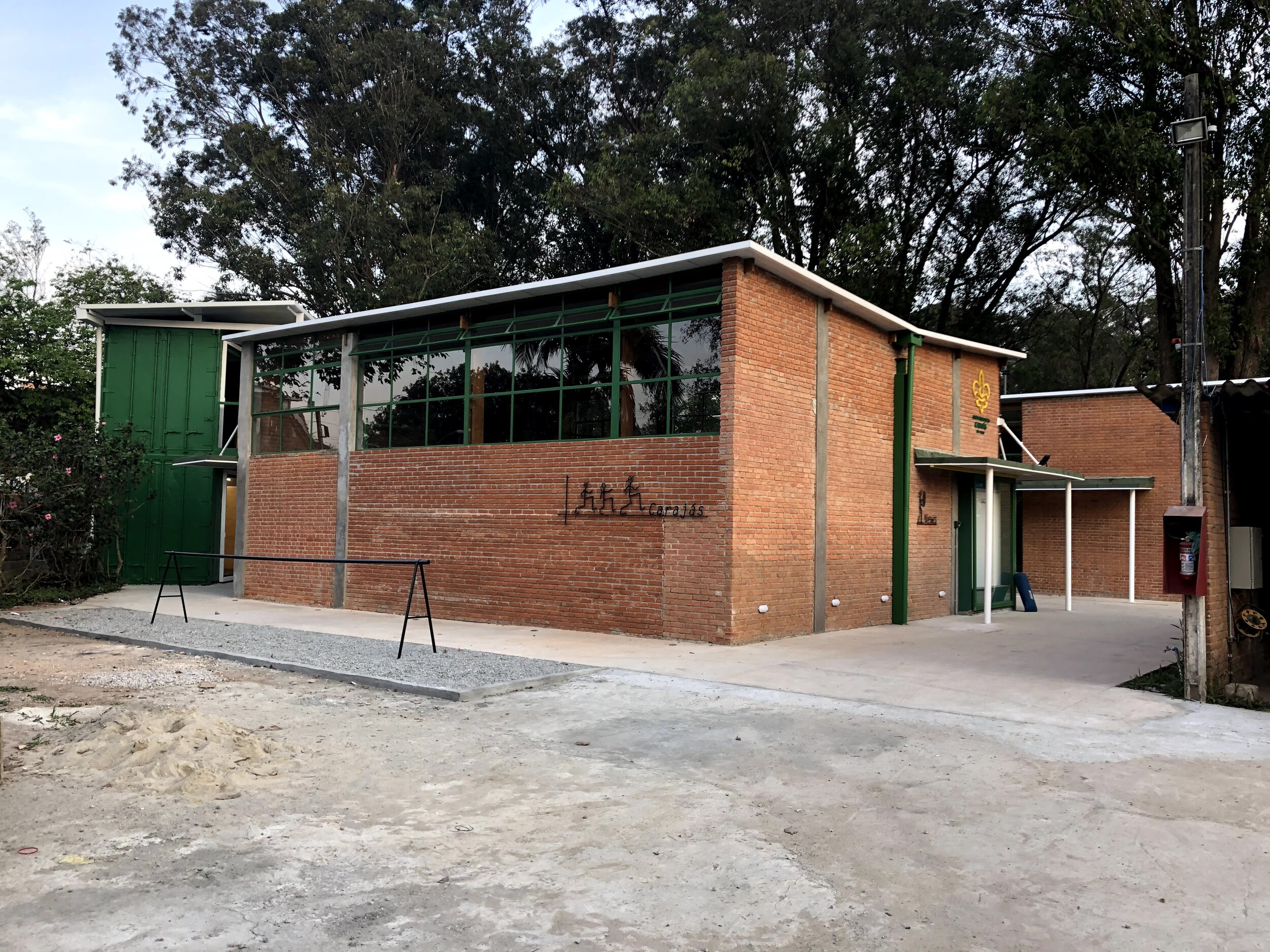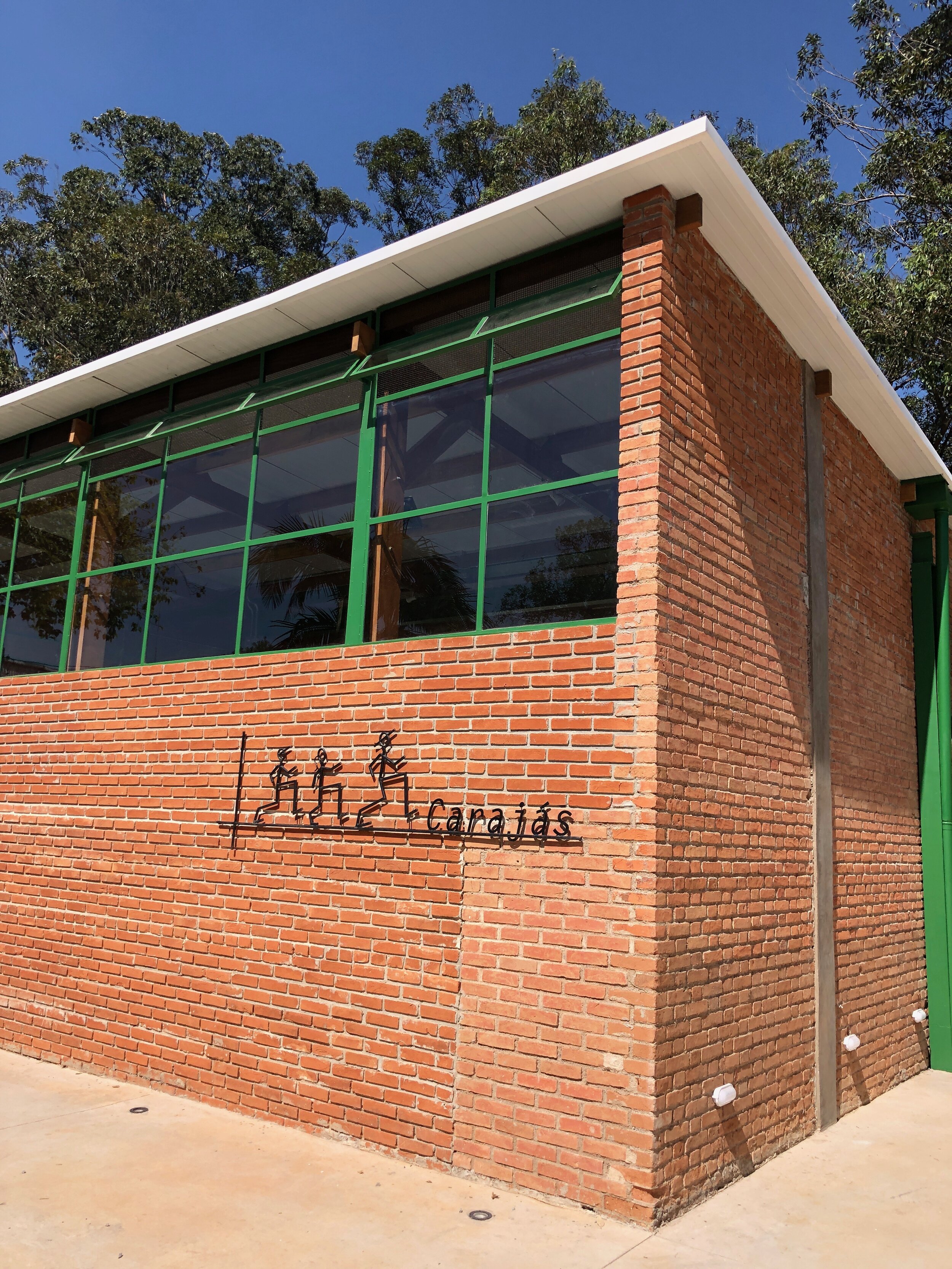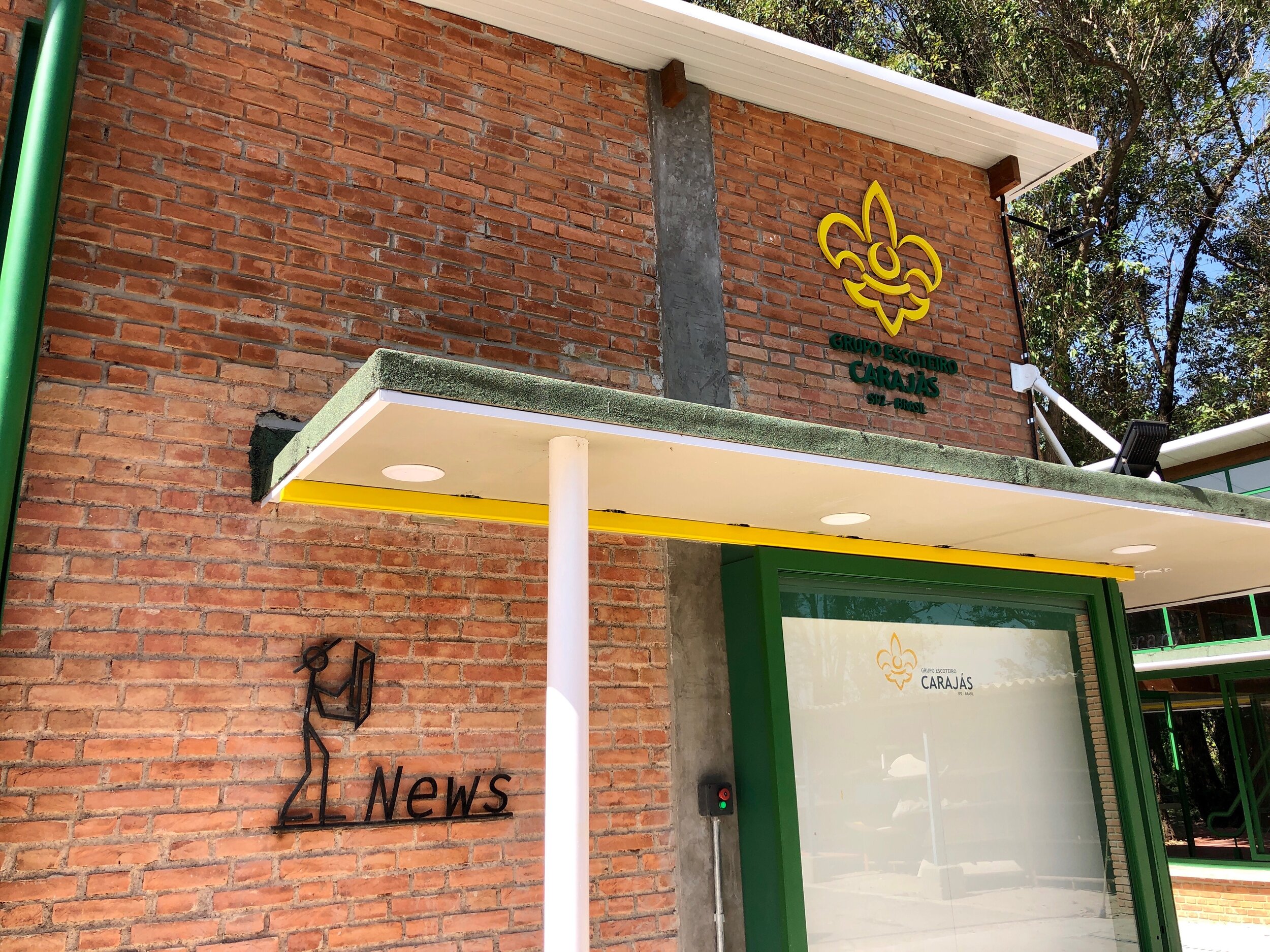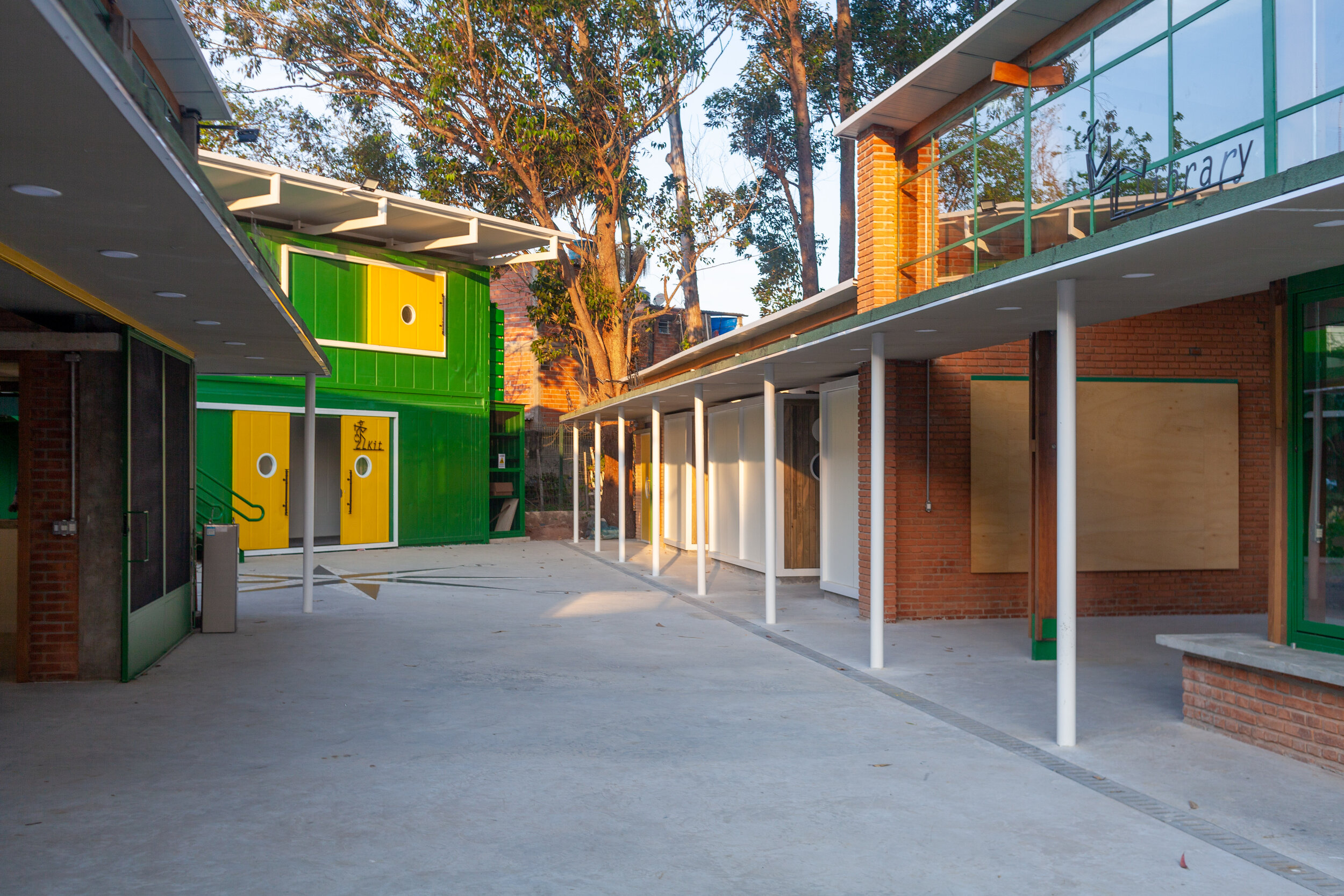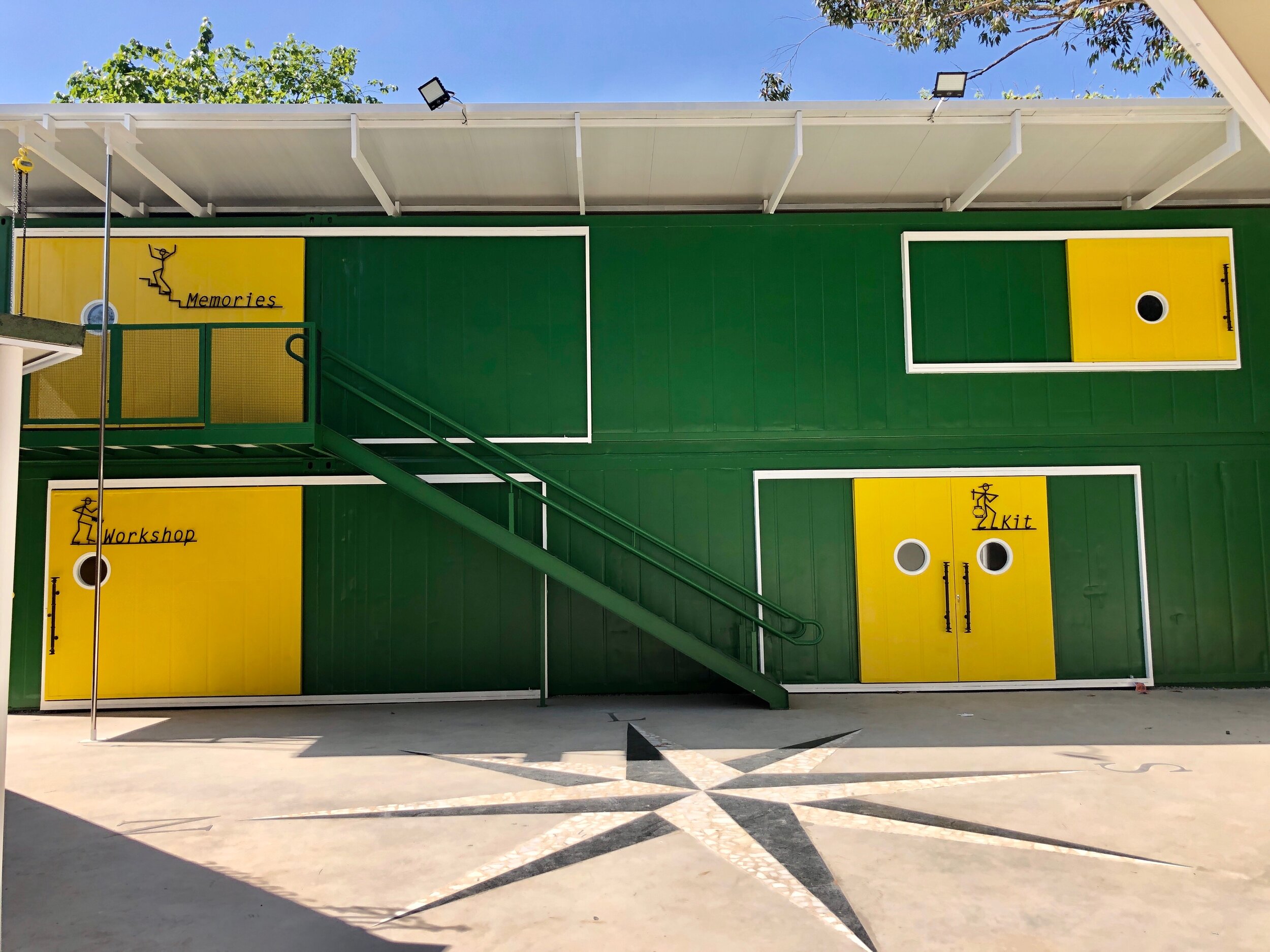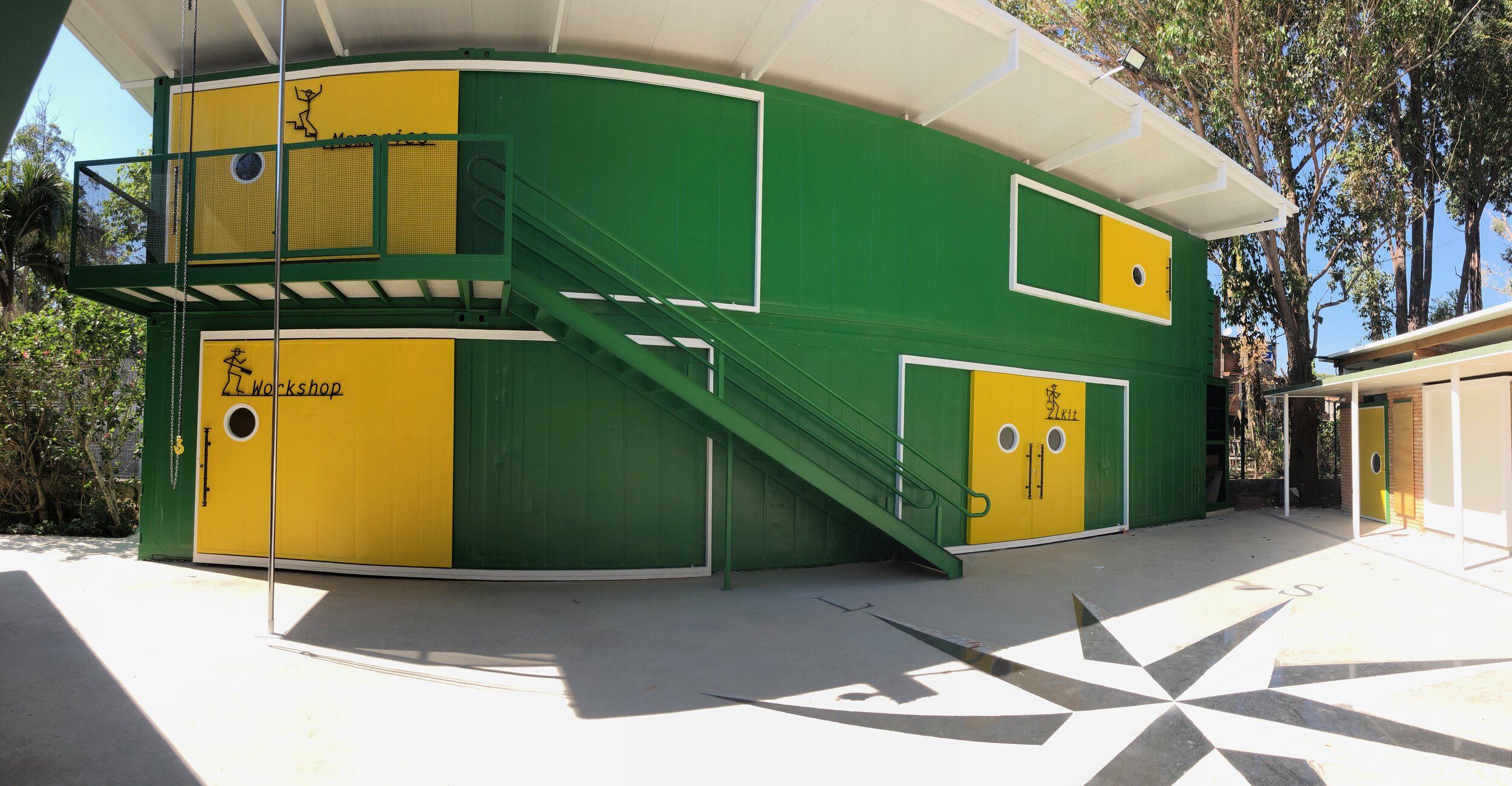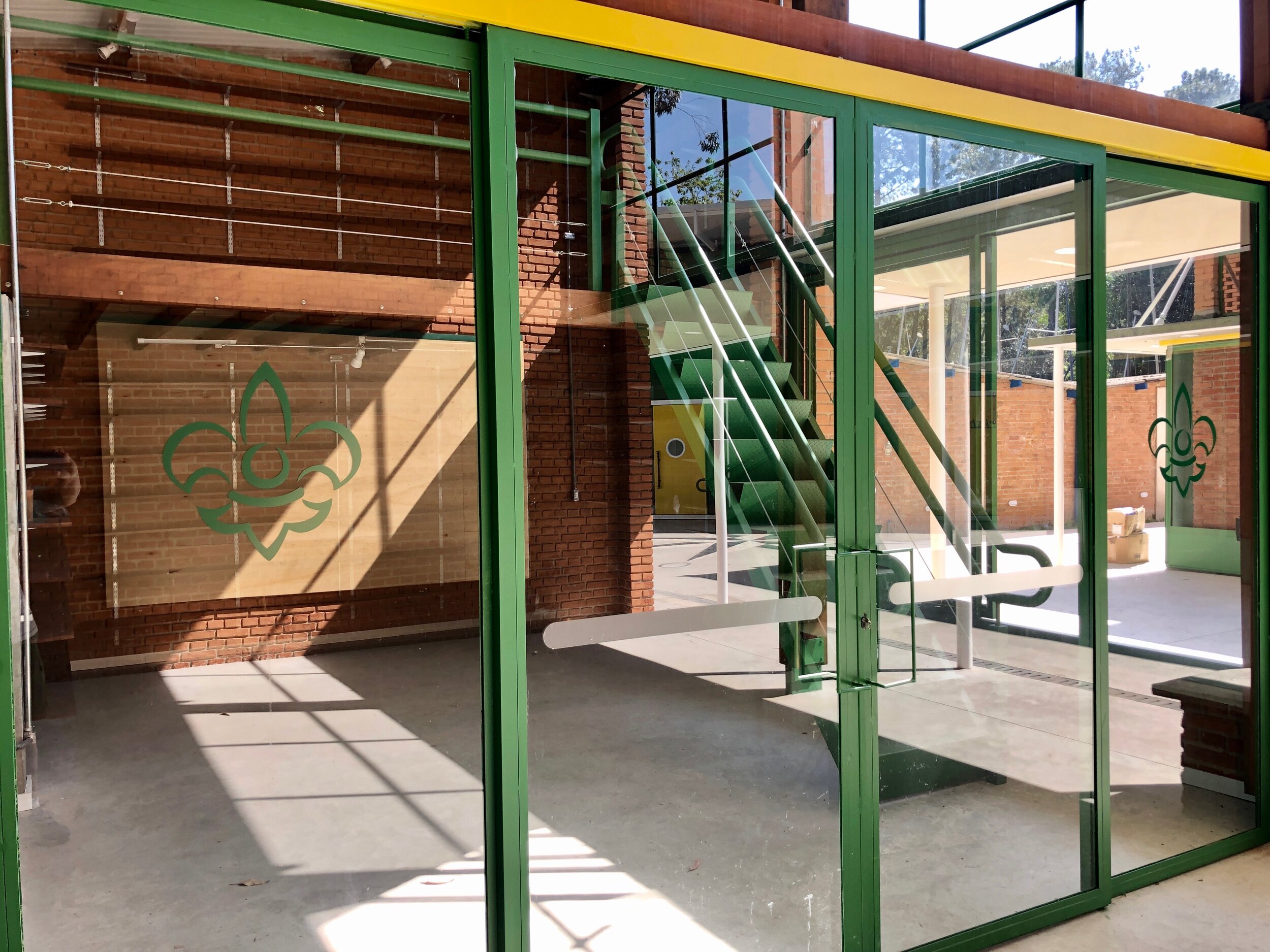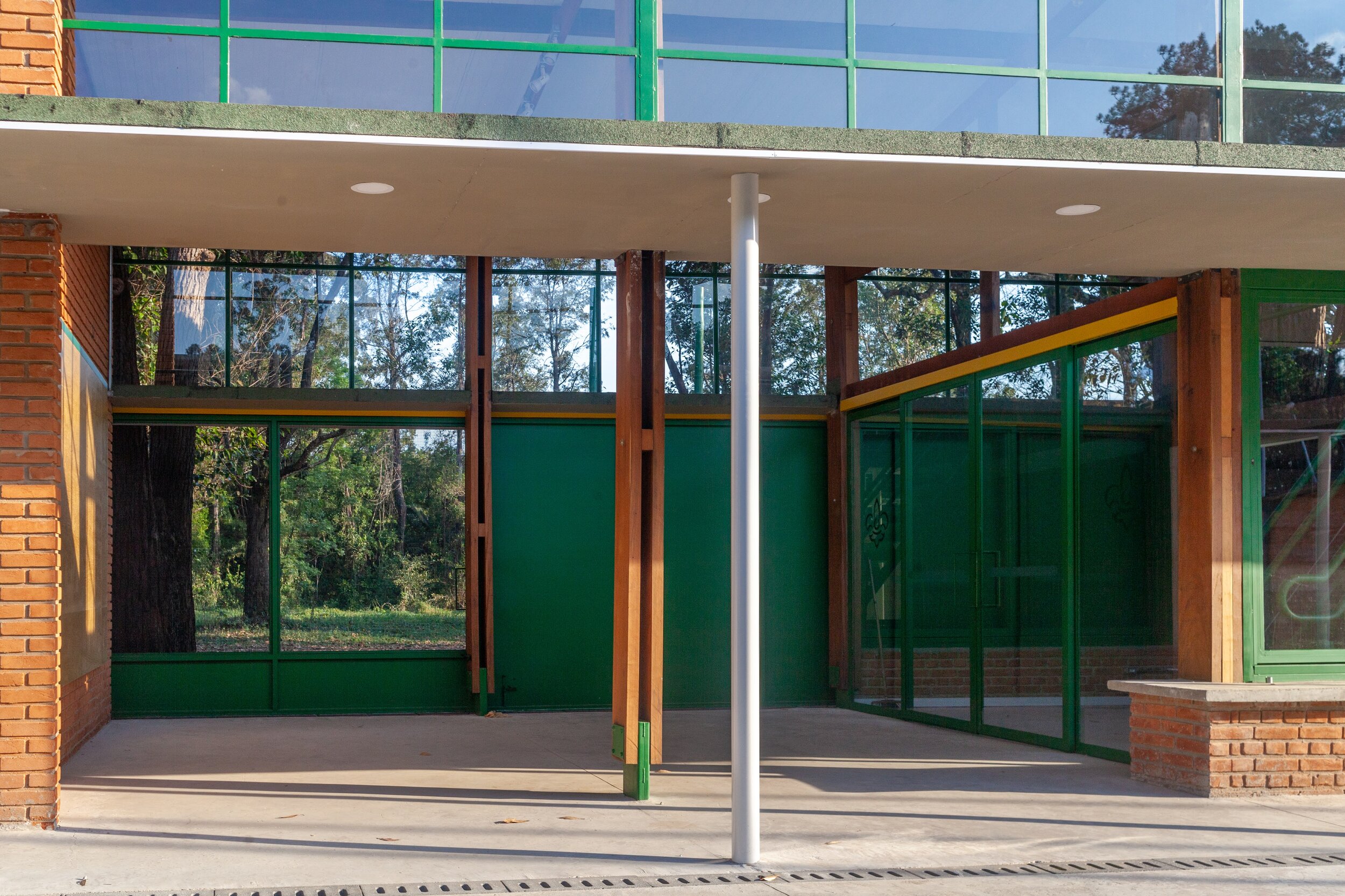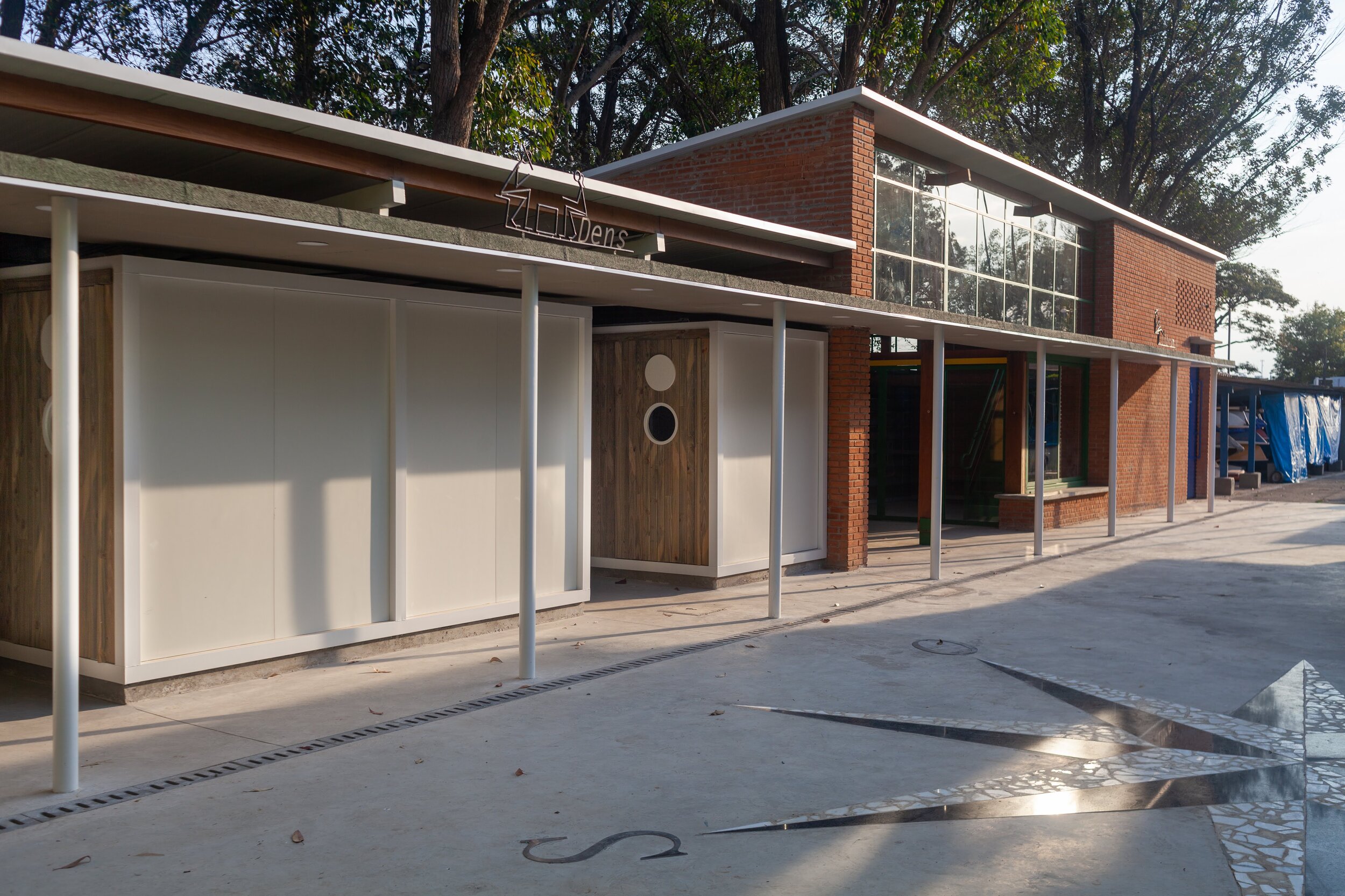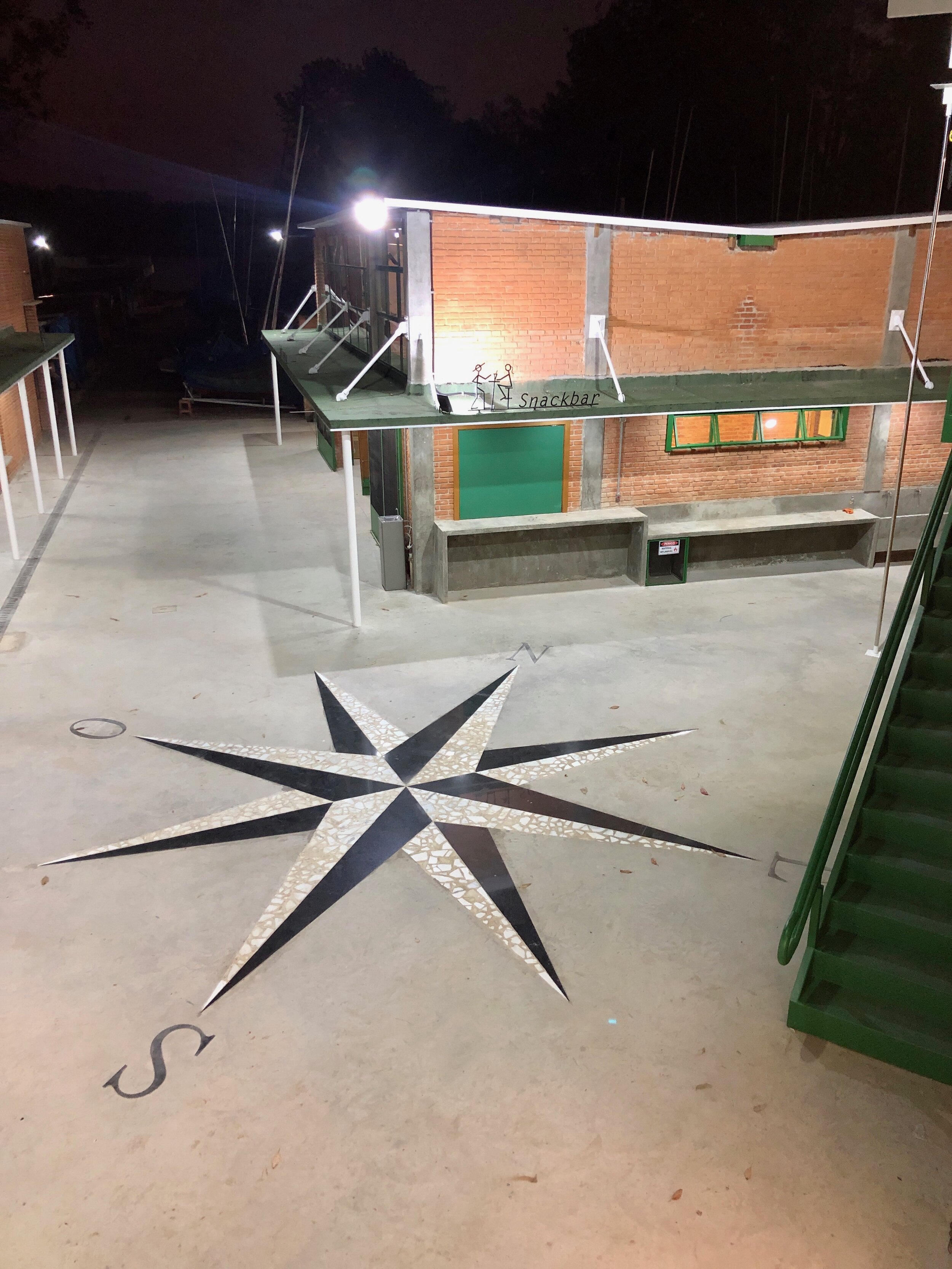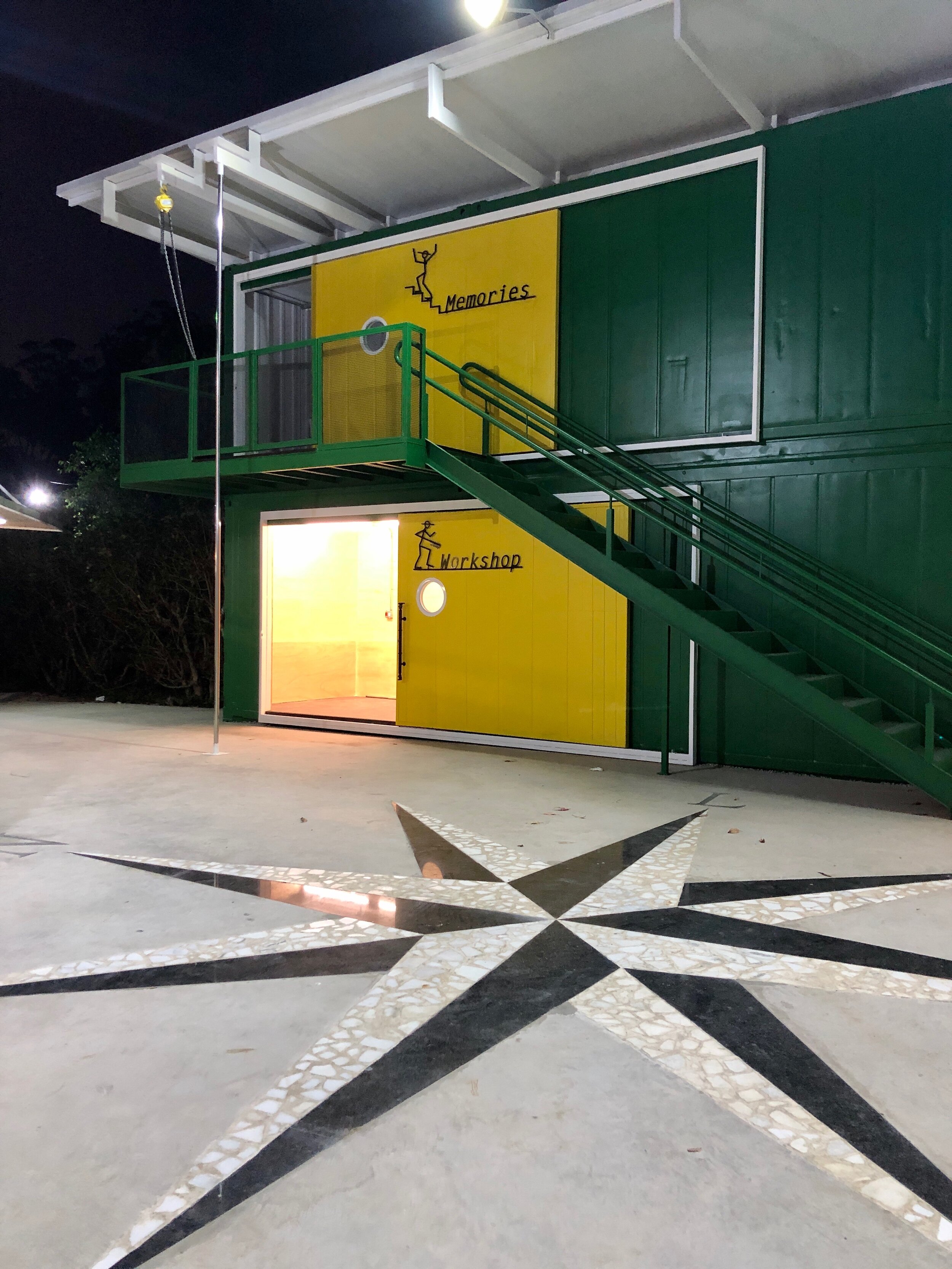Derrick Marcus was the Editor of Spotlight for nearly 20 years, stepping down from this position by the end of 2019 (check Under the Spotlight for more). There is no one better than him to be the first interviewed in this new phase we are starting. Please be our guests for “a chat with Derrick Marcus”:
First of all, tell us a little bit about yourself.
I arrived in Rio in 1963 as a young Chartered Accountant to work in Deloitte, Plender & Griffiths. My contract was for São Paulo, but in the middle of the Atlantic on a Blue Star liner on my way to Santos, I received a telex which just said ¨Marcus prepare disembark Rio¨. I thought “wow, I have been fired before I started!”
Travel and transfers were part of the work situation and I had the transfer experience before I even landed.
Being an external auditor in Rio you learnt survival skills very quickly, visiting areas you would not normally choose to visit, experiencing new work conditions and struggling with your Portuguese.
Later I joined British American Tobacco (Souza Cruz), where I gained a wide experience in the various areas of industry and commerce involving in the Groups’ different investments.
I travelled from one end of Brazil to the other and lived in Recife, Rio, and São Paulo.
I became involved in social activities within the British Community almost from the day I arrived. This was encouraged in the companies at that time.
My first task was as treasurer of the British cemetery in Gambôa which involved paying the workers in cash once a month. This was an interesting experience as Gamboa was not the safest areas of Rio in those days either, and doing a budget for a cemetery was a new experience as well.
I continued with my long term involvement with sport, especially athletics and hockey. I was a member of the Flamengo athletic squad in the days when the running boom had not yet started. No one ran just to finish, it was very competitive, and every race was run flat out. Later I became involved with national and international activities and representation taking the Brazilian race walking team to several Pan American Games, World Championships and to the pre Olympics in Atlanta. Hockey was a sport I had played since schooldays and I was lucky it was so popular at the Rio Cricket. I also enjoyed playing rugby at both the Rio Cricket and at SPAC.
I married Jo, whom I met in Rio and we have two adult offspring, Alan and Susie, and one granddaughter Kathleen. Jo had to cope, like most company wives, with the various transfers and adapted our family to the changes of settling in.
How long ago did you become the editor of Spotlight magazine?
It must be nearly twenty years.
And why did you decide to take over this responsibility?
At one of the British and Commonwealth Society meetings, the then Consul General, the late
Andy Henderson, commented on the very poor communication within the community. Spotlight had faded away after the death of Sandy Smith and was at the time just one page put together by the office staff.
So I put my hand up, and that is how I decided to enter into a new experience. I have only happy memories of helping putting together a record of all the activities in São Paulo during this period, which is the magazine Spotlight.
How was the magazine before your time?
There was some excellent people looking after the magazine before my time. Dougie Brody and Sandy Smith put out regular and informative magazines which everyone enjoyed.
After Sandy Smith passed away there was a gap and the information flow virtually came to a stop.
What do you expect from Spotlight in the future?
I think it is very clear… just one word… communication.
Communication from the main body, the British Society to the Community, and Communication from the various bodies associated with the British Society, also to the community.
Any tips you wish to share with the new team who will be in charge of it?
Being Editor of a Community magazine, it is very important that the editor has a feel for his readers. This community has several layers with different nuances and needs. We have the young business members, the longer time residents and the older members, and we have our new Brazilian members. Each needs to be understood.
The Editor has to know how the British Community reacts to requests for information, or to requests for financial support, and so on, and be aware of the critical dates of community activity, such as the Queens´s Birthday celebration, and Remembrance Sunday amongst others.
Importantly he also needs to know what the ¨owner¨ of Spotlight wants (The British Society of São Paulo).
To be successful the Editor should set out his (or her) objectives and ground rules for running the magazine. These need to be agreed with the governing body defining priorities within the office, budget limitations and operational activities. This will be your road map.
Strategy based on this document is a Board responsibility and Operational and Editorial activities are with the Editor.
You will need a good proofreader!
And Good Luck.
Anything else you want to say to our readers?
The magazine depends fundamentally on the information sent in of the activities which have occurred and are about to occur. To produce an interesting magazine the Editor and his team depends on the reports sent in on the activities of your association or group. The community would also like to hear what you have to say. In other words, become involved, the magazine depends on you.
Uma conversa com Derrick Marcus
Derrick Marcus foi editor do Spotlight por quase 20 anos, renunciando a esta posição ao final de 2019 (para mais informações verifique Under the Spotlight ). Não há ninguém melhor do que ele para ser o primeiro entrevistado nesta nova fase que estamos iniciando. Por favor, sejam nossos convidados para "uma conversa com Derrick Marcus":
Antes de tudo, conte-nos um pouco sobre você.
Cheguei ao Rio em 1963 como um jovem contador contratado para trabalhar na Deloitte, Plender & Griffiths. O meu contrato era para São Paulo, mas no meio do Atlântico, num transatlântico da linha Blue Star a caminho de Santos, recebi um telex que apenas dizia ¨Marcus preparar para desembarcar no Rio¨. Pensei "uau, já fui despedido antes de começar!"
Viagens e transferências faziam parte da rotina deste emprego e eu tive a experiência de transferência antes mesmo de desembarcar.
Sendo um auditor externo no Rio, aprendi muito rapidamente algumas habilidades necessárias para a sobrevivência, ao ir a áreas que eu normalmente não escolheria visitar, experimentando novas condições de trabalho e esforçando-me com o meu português.
Mais tarde juntei-me à British American Tobacco (Souza Cruz), onde adquiri uma vasta experiência nas várias áreas da indústria e comércio nos quais os diferentes investimentos do Grupo se envolviam.
Viajei de um extremo ao outro do Brasil e morei em Recife, no Rio, e em São Paulo.
Envolvi-me em atividades sociais da comunidade britânica (British Community) quase desde o primeiro dia da minha chegada. Isto era encorajado pelas empresas naquela época.
A minha primeira tarefa foi a de tesoureiro do cemitério britânico em Gambôa, que envolvia pagar aos trabalhadores em dinheiro uma vez por mês. Esta foi uma experiência interessante, uma vez que a Gamboa também não era a zona mais segura do Rio naquela época, e fazer um orçamento para um cemitério era também uma novidade.
Continuei com o meu envolvimento de longa data com os esportes, especialmente o atletismo e o hóquei. Fui membro da equipe de atletismo do Flamengo nos tempos em que o boom do atletismo ainda não tinha começado. Ninguém corria apenas para terminar, era muito competitivo, e todas as corridas eram a toda velocidade. Mais tarde, envolvi-me em atividades e representação nacionais e internacionais, levando a equipe brasileira de corrida a vários Jogos Pan-Americanos, Campeonatos Mundiais e às pré-Olimpíadas em Atlanta. O hóquei era um esporte que eu praticava desde os tempos de escola e tive a sorte de que fosse tão popular no Rio Cricket. Também gostava de jogar rúgbi tanto no Rio Cricket como no SPAC, em São Paulo.
Casei com Jo, que conheci no Rio, e temos dois filhos adultos, Alan e Susie, e uma neta, Kathleen. Jo teve de lidar, como a maioria das esposas da empresa, com as várias transferências e foi a responsável por adaptar e instalar nossa família durante as várias mudanças de cidade pelas quais passamos.
Há quanto tempo você se tornou o editor da revista Spotlight?
Deve ter sido quase vinte anos atrás.
E porque decidiu assumir esta responsabilidade?
Numa das reuniões da British and Commonwealth Society, o então Cônsul Geral Andy Henderson, já falecido, comentou que a comunicação dentro da comunidade estava muito deficiente. O Spotlight tinha desaparecido após a morte de Sandy Smith e era, naquela época, apenas uma página elaborada pelo pessoal do escritório.
Então levantei a minha mão e foi assim que decidi embarcar numa nova experiência. Tenho apenas boas recordações de ter ajudado a reunir um registro de todas as atividades da comunidade britânica em São Paulo durante este período, que é a revista Spotlight.
Como era a revista antes do seu tempo?
Havia algumas pessoas excelentes cuidando da revista antes do meu tempo. Dougie Brody e Sandy Smith lançaram revistas regulares e informativas que todos apreciavam.
Depois da morte de Sandy Smith, houve uma lacuna e o fluxo de informação praticamente parou.
O que espera da Spotlight no futuro?
Penso que é muito claro... apenas uma palavra... comunicação.
Comunicação tanto da organização principal, a British Society São Paulo, quanto das várias organizações associadas à British Society, à comunidade.
Alguma dica que deseje compartilhar com a nova equipe que ficará encarregada da edição da revista?
É muito importante que o editor de uma revista relacionada a uma comunidade seja sensível às expectativas de seus leitores. A comunidade britânica tem várias camadas com diferentes nuances e necessidades. Temos os jovens membros empresariais, os residentes de mais tempo e os membros mais velhos, e temos os nossos novos membros brasileiros. Cada um precisa ser compreendido.
O editor tem que saber como a comunidade britânica reage a pedidos de informação, ou a pedidos de apoio financeiro, e assim por diante, e estar atento às datas críticas da comunidade, tais como a celebração do Aniversário da Rainha, e o Remembrance Sunday, entre outros.
É importante também saber o que quer a British Society São Paulo, que é a ¨dona¨ do Spotlight.
Para ser bem sucedido, o editor (ou editora) deve estabelecer seus objetivos e suas regras básicas para gerir a revista. Estas devem ser acordadas com o órgão diretor, definindo as prioridades do escritório, as limitações orçamentárias e as responsabilidades operacionais. Este será o seu roteiro.
A estratégia é da responsabilidade do Conselho Administrativo e as atividades operacionais e editoriais são da responsabilidade do Editor.
Ele vai precisar de um bom revisor!
E de boa sorte.
Mais alguma coisa que queira dizer aos nossos leitores?
A revista depende fundamentalmente da informação enviada sobre atividades que ocorreram e as que estão prestes a ocorrer. Para produzir uma revista interessante, o editor e a sua equipe dependem dos conteúdos enviados sobre as atividades da sua associação ou grupo. A comunidade também gostaria de ouvir o que você tem a dizer. Em outras palavras, envolva-se, a revista depende de você.
